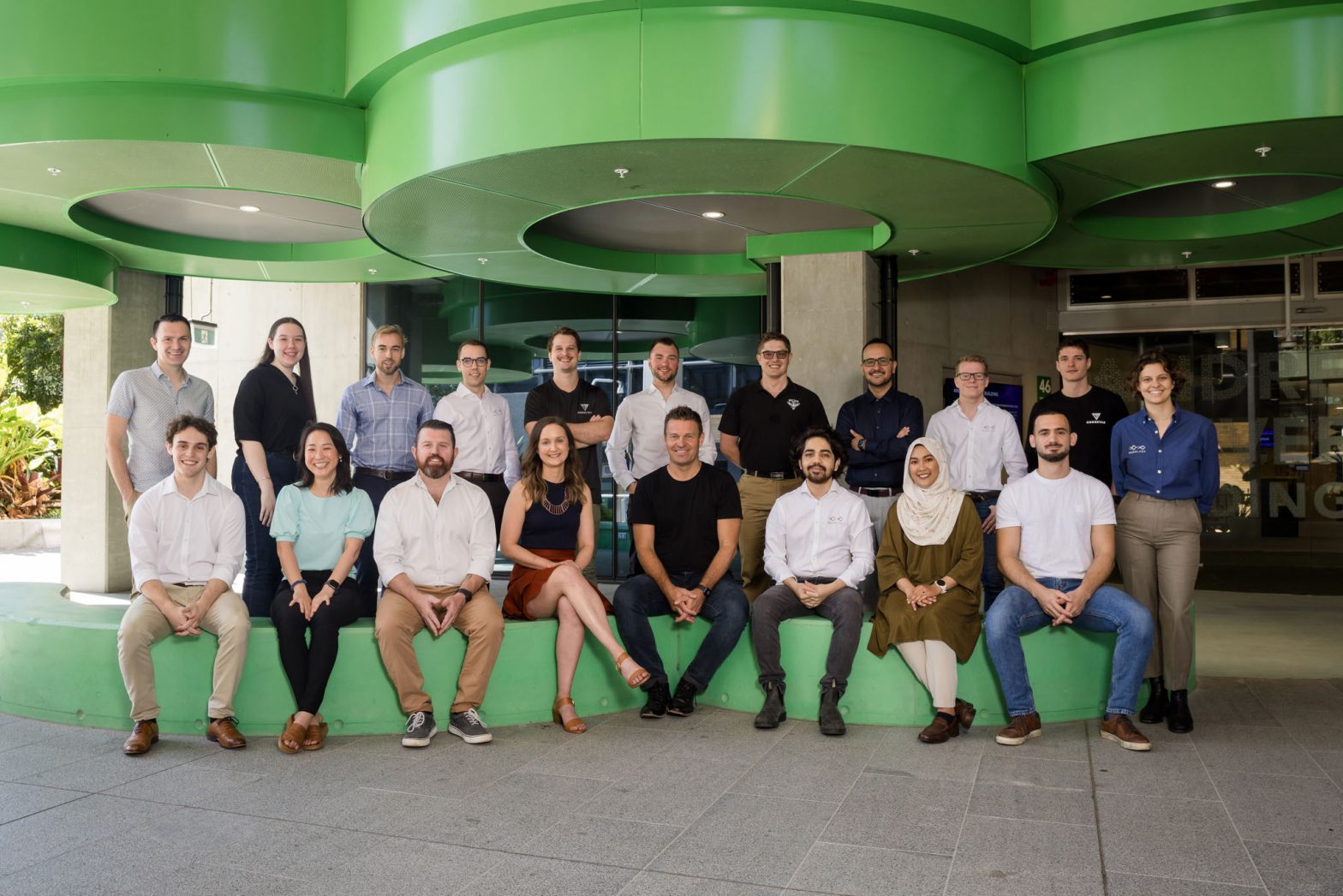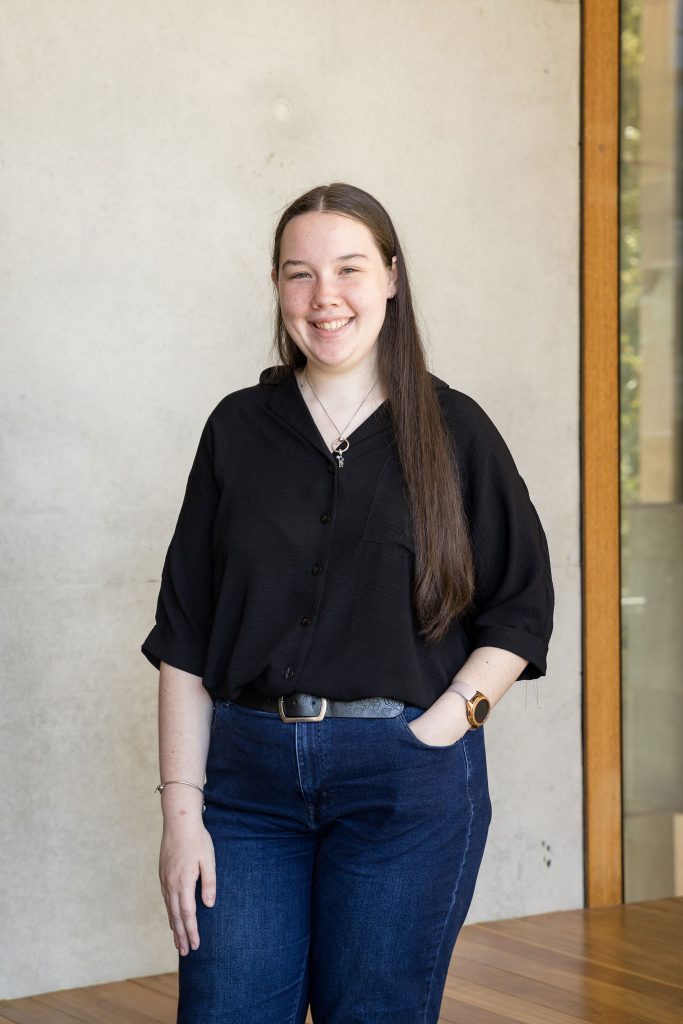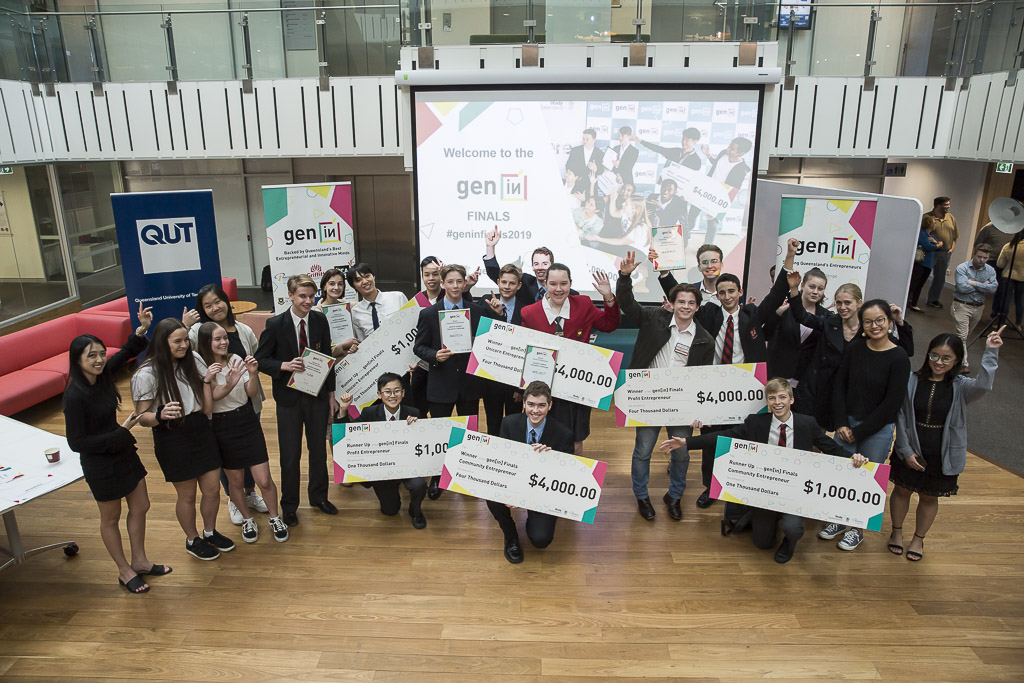What a strange kind of game this “business thing” is where you can only win by pursuing excellence in the service of others. And what kind of voodoo magic this is where everybody wins. Not just you and your customer, but society as a whole benefits from the flow on effects of your trade. It’s like a magic trick, with all parties walking away from the deal with more than they started with. It’s the kind of thing that sounds like it should be impossible, and yet it is also the thing that allows our society to function.
So how does it work? Where does the value come from, and what is the secret to a business’s success?
These are the kinds of questions I have spent the past five weeks trying to find the answers to as part of UQ Ventures’ ilab accelerator program. I’ve found that success for businesses isn’t a momentary thing. Instead, success is a continual process of providing value to customers, it is a game where provided that you are continually pursuing excellence, the only way to lose is to not play.
If that’s the case, then what’s the secret to the game?
As it turns out, there are three magic ingredients to make this thing we call a business.
- Desirability
A business doesn’t exist without its customers. You can make the most amazing product you can think of, but if no one will buy it you don’t have a business. The most important starting point for any business is the problem the business is trying to solve, and the customers that are willing to pay to solve that problem. The magic of this ingredient is that when you and your customer both voluntarily agree to the deal, you both benefit and end up in a better situation than where you started.
- Feasibility
Once you have your customers, and a problem to solve, you need a product – something that can solve their problem. This is the second ingredient, and ensuring that the product you have both is functional, and actually solves your user’s problem, is no simple task. It requires a constant cycle of design, testing, feedback and redesign, a cycle that is as neverending as the business itself.
- Viability
So you have a product, you have someone who wants to buy it, what else could there be? Remember that the magic of business is that both parties walk away with more value than they started with, and the only way that can happen is if the product you have is at the right price for the customer to be willing to buy it. This is where viability comes in, ensuring that your product can be made at a price that your customer is willing to pay for, and makes up another aspect of the never ending cycle of business.
My Dad always likes to say, “Business is the pursuit of excellence in the service of others.”. The key thing about that is that business is not achieving excellence, because there is always room for improvement, there is always another feature to add and another milestone to reach. Instead, business is the pursuit of that excellence, it is playing the game that is the never ending cycle of constant feedback and improvement so that you can provide ever-increasing value to your customers.




